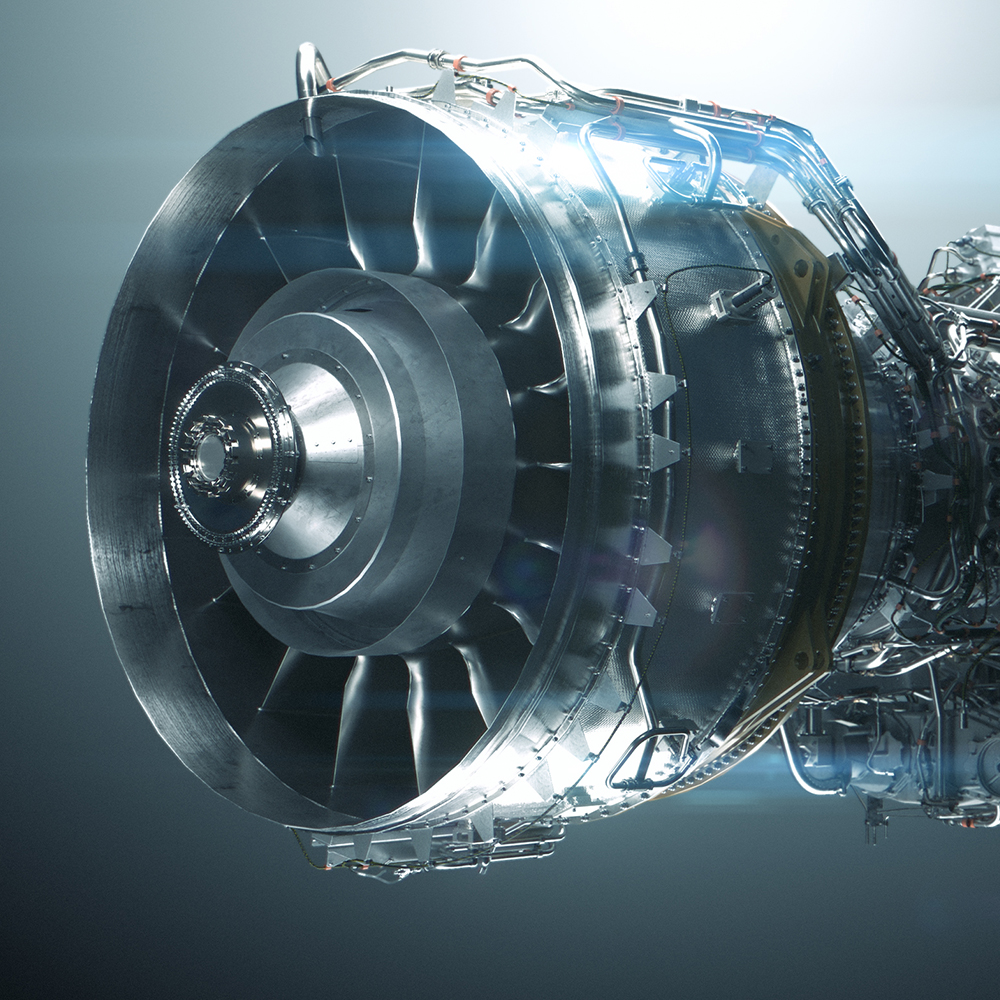SOURCE: AFI


In a significant move to enhance the capabilities of the Indian Navy, Rolls-Royce has offered its MT30 gas turbine as part of the UK-India Electric Propulsion Capability Partnership Working Group. This initiative aims to support the development of future naval ships, marking a new chapter in the collaboration between the UK and India in maritime defense technology.
Lex Zino, Director of Business Development and Future Programmes at Rolls-Royce, emphasized the importance of this partnership, stating: “We have offered the MT30 gas turbine as part of the UK-India Electric Propulsion Capability Partnership Working Group to support future ships of the Indian Navy. There are new programmes on the horizon with the Navy, and that’s part of a discussion for a warship architecture. There were trade-offs during those discussions at the Working Group. We are also supporting the Indian Navy and Indian Coast Guard through the indigenisation process.”
The MT30 gas turbine, renowned for its high power density and reliability, is poised to significantly enhance the operational capabilities of the Indian Navy’s future fleet. This advanced propulsion system is designed to meet the demanding requirements of modern naval warfare, providing a robust and efficient power solution for various ship classes.
Rolls-Royce’s commitment to supporting the Indian Navy and Indian Coast Guard extends beyond providing advanced technology. The company is actively involved in the indigenisation process, which aims to bolster India’s domestic defense manufacturing capabilities.
“We have a joint venture with Force Motors, called Force MTU Power Systems, to produce MTU Series 1600 engines and complete generator sets at the Chakan facility near Pune. To date, over 350 engines have been exported to Germany and the United States,” Zino added.
This joint venture, Force MTU Power Systems, underscores the collaborative effort to enhance local manufacturing capabilities while also contributing to global supply chains. The production of MTU Series 1600 engines and generator sets at the Chakan facility highlights the success of this partnership in achieving significant export milestones.
The discussions within the UK-India Electric Propulsion Capability Partnership Working Group are not limited to the MT30 gas turbine. They encompass broader considerations for the architecture of future warships. These deliberations involve trade-offs and strategic decisions that will shape the design and functionality of the next generation of naval vessels.